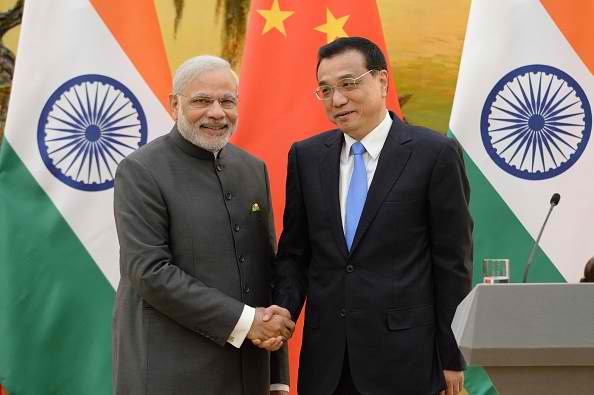Chinese state media called on India to accept its unequal position in its bilateral ties with China, citing China's own experience in relenting its own interests to gain more from its relations with the U.S. This comes amid India's current lamentations over unresolved issues with China.
India is currently contesting China's block against its admission to the Nuclear Suppliers Group (NSG), as well as the technical hold on Pakistan-based Jaish-e-Muhammad leader Masood Azhar's designation as a terrorist by the UN Security Council, which China justified based on procedural rules.
Citing practical considerations, China reminded India that it needs to be more enterprising in its approach to allow their relations to grow further. Mending differences should be India's goal in its interaction with China, state-run Global Times reported.
China acknowledges the state of India's self-esteem considering its relatively marginalized position in their relations, saying that its disparity with its economically stronger neighbor may prove to be a bane to its confidence as it plays "second fiddle" in their bilateral ties.
Such has taken off from the dialogue held by China's Vice Foreign Minister Zhang Yesui and Foreign Secretary S. Jaishankar, both of which discussed topics on China-India bilateral ties that include India's impending NSG membership and Azhar's status before the U.N. Security Council.
Nonetheless, China has encouraged India not to take its weaker position as a disadvantage, and instead use it as an opportunity to grow as the world becomes increasingly multipolar. China-India bilateral ties, in that sense, should be built on convergences rather than be hindered by divergences.
Although India still expects resolutions for its demands, building its relationship with China beyond those problems is a move imbued with great importance, as the world braces for their growing economic power. A cooperative relationship between the two emerges is increasingly becoming more significant.



























